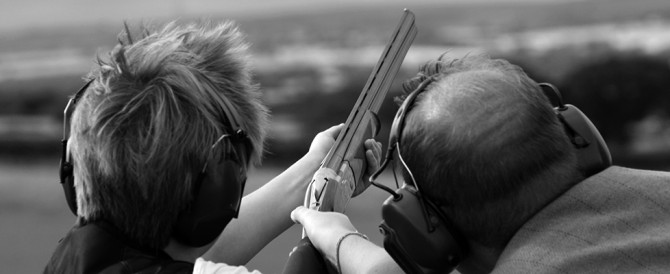Arms Ownership
The Second Amendment to the United States Constitution, included in the Bill of Rights, gives all Americans the fundamental right to keep and bear arms. This includes both ammunition and firearms. In practice, this right is governed by laws at both the federal and state levels. Federal laws are enforced by the Bureau of Alcohol, Tobacco, Firearms, and Explosives (ATF). State laws are independent of existing federal laws and vary significantly from state to state. For instance, the possession and use of assault weapons is not banned at the federal level, although some states, among them California, Connecticut, Maryland, and the District of Columbia, have banned them.
Legal Issues
The Supreme Court has made several significant gun-law rulings in the past years. The right to bear arms for the purpose of self-defense was reaffirmed in 2008 through the case District of Columbia versus Heller, which abolished a ban on handguns in the district. In McDonald versus Chicago, another high-profile case in 2010, the Supreme Court determined that the Second Amendment applied at the state level, ruling that Americans in Chicago had the right to own handguns in spite of the citywide ban that was imposed in 1982. Laws in individual states pertaining to handguns vary. Some states require permits or licenses to own or carry a gun, while others do not. In states such as Massachusetts, openly carrying a gun is not allowed while in states such as Michigan, openly carrying a gun on one’s person is permitted.

Affected Groups
Those in favor of stricter gun laws usually point to gun-related violence and deaths as factors. Mass shootings are common in the United States, with high-profile school shootings including Sandy Hook Elementary, the Virginia Tech Massacre, and the Columbine High School Massacre. According to the Federal Bureau of Investigation (FBI), firearms were responsible for approximately 69% of all homicides in the United States in 2012 – a total of 8,885 deaths. Gun-rights proponents argue that homicides are not the direct result of the Second Amendment; instead, factors such as people, poverty, gang mentality, and mental illnesses are to blame for these crimes. To many gun-rights advocates, the right to bear arms is crucial as a measure of self-defense. But research has suggested that fewer guns are used in self-defense than asserted.
Challenges
Americans are divided on the subject of gun legislation. Citizens of the United States have had the right to bear arms since the Bill of Rights was signed in 1791, but in recent years this right has come under scrutiny. Some Americans believe that the accessibility of guns contributes to high crime rates and gun-related deaths. They advocate for stricter gun ownership laws. Others believe that regulating gun ownership is a violation of the Second Amendment. Advocacy groups and lobbyists are also involved in the debate. The National Rifle Association (NRA) is one of the most well-known and powerful gun-rights organizations.
